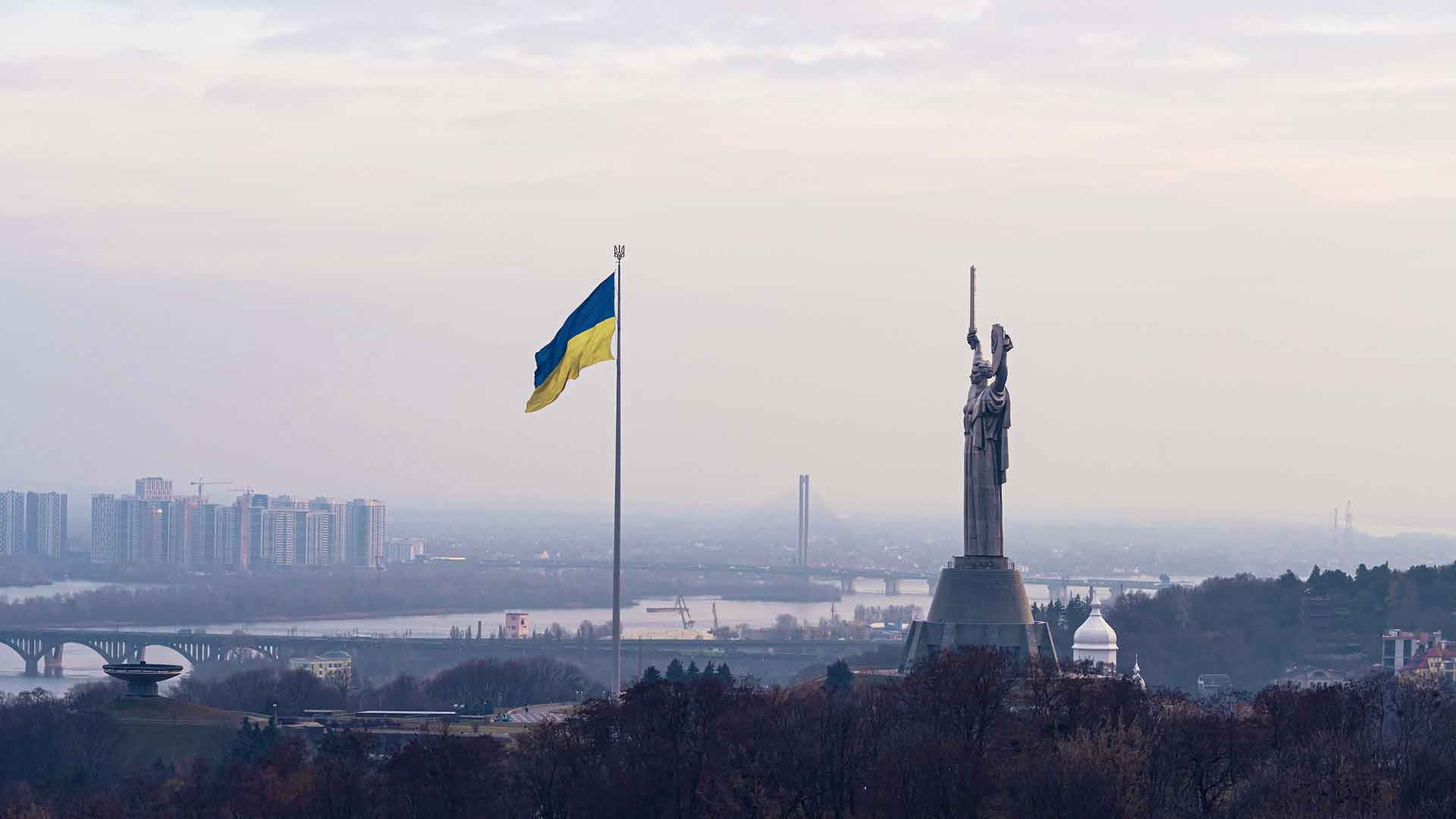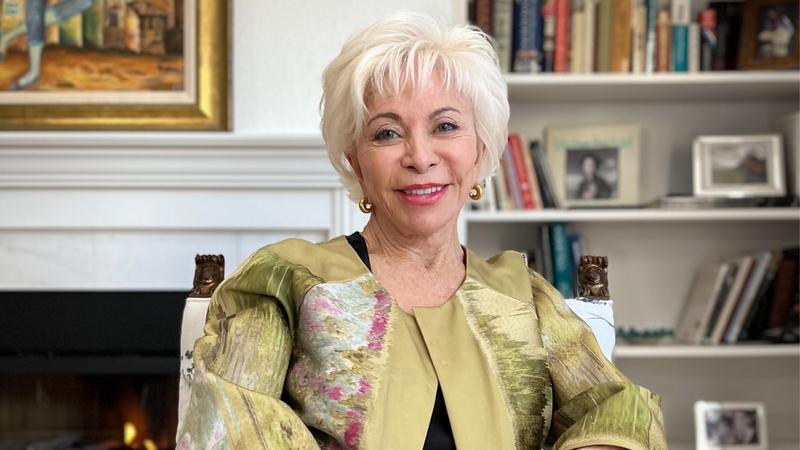You are viewing your 1 free article this month. Login to read more articles.
Still going strong
Despite significant challenges, Ukrainian publishers and readers remain intensely engaged.
Despite all the difficulties in Ukraine and the fact that we have been under martial law for the fourth year, the book market continues to operate.
According to the Ukrainian Book Institute (UBI), its annual volume is estimated at €133m. There are at least 350 active publishers and the market demonstrates admirable adaptability and flexibility.
According to the latest data, the revenue of the largest publishing houses in Ukraine increased by 45% in 2024. One of the reasons for this growth is the resumption of state orders for the production of educational literature, particularly textbooks. Publishers are also releasing more books that explain the geopolitical situation, national identity and war experiences, as well as historical and military literature.
Nevertheless, “the market volume has not yet reached the pre-pandemic level of 2019, and small publishers find it harder to cope with the crisis” (UBI). And behind these figures lies a daily struggle with challenges and uncertainty about the future.
One of the most notable trends for me as a publisher over the past year has been the emergence of an extensive distribution network. Today, there are about 700 offline bookstores and 60 online sellers. These bookstores attract significant visitor interest—for example, the SENS bookstore on the main street of the capital, Khreshchatyk, is always full of people, and it is almost impossible to find an empty seat to sit down. Such places are becoming more common. Due to this dynamic, publishers feel more confident than before, as bookstores are now actively involved in promoting books, not just publishers themselves. This significantly influences publishers’ decisions to increase print runs today.
It is also worth noting that, despite consumer inflation in Ukraine – which accelerated from 12.9% to 13.4% year-on-year in February 2025 (according to the State Statistics Service) – and significantly increased printing costs compared to previous years, readers still strive to buy their usual number of books, despite substantial price increases. Thus, Ukrainian reading habits remain stable, with a noticeable positive trend in book purchases (according to a study by Info Sapiens commissioned by UBI). Respondents also confirmed that purchasing books "in person" still surpasses various online trading formats.
Despite everything, publishers continue to actively support the military and their mobilsed colleagues – both publicly and behind the scenes
However, the industry also faces serious challenges, particularly in printing. Veronika Homeniuk, who represents a small printing house, Kolo, in Drohobych (Western Ukraine), says that they are currently experiencing production difficulties.
In general, printing houses in this region serve as relative "safe zones" since one of Ukraine’s main book printing hubs – Kharkiv – has been under Russian attacks and destruction. As a result, publishers have been expanding their partnerships and searching for new printing facilities. "There was indeed a wave when clients who had previously printed in Kharkiv turned to us,” Homeniuk says, “but it was short-lived and mostly after direct attacks. Only about 10% of such clients stayed with us as the situation stabilized." The consequence of this temporary surge is delays in print runs.
Another significant issue is the labor shortage, caused by both the migration of women abroad and the mobilisation of men into the Armed Forces of Ukraine.
Homeniuk notes: “Although we are a small printing house, we managed to reserve our key specialists – our printers. But, for example, our accountant, manager, silk-screen printing specialist and several other key employees have been mobilised and finding replacements is difficult. There is a shortage of specialists in narrow fields.” This reality affects the entire publishing industry.
Despite everything, publishers continue to actively support the military and their mobilsed colleagues – both publicly and behind the scenes – by organising fundraisers, donating part of their profits and raising awareness.
For example, Anton Martynov, the founder of Laboratoria, one of Ukraine’s most progressive publishing houses, was mobilised and recently received the Book Publishing Market Trendsetter award from the Ukrainian media Chytomo.
Additionally, the previously mentioned printing house Kolo has signed agreements with partners ordering large print runs to donate 3 UAH from their side, and 3 UAH from the printing house, for each book sold to support the military.
Society is looking for ways to cope with the daily catastrophe happening in the country. As a result, books are not only a pleasant and accessible way to relax, engage in self-development or combat distress, but also a tool for supporting military fundraising campaigns, "libro sospeso" for soldiers (the tradition of gifting a book to an unknown reader), or supporting libraries whose collections have not been replenished by the state for several years.
Recently, I randomly came across one of our publishing house’s books, Terror from the Air by Peter Sloterdijk, on a girl’s Instagram account. She was auctioning off the book, signed by her father – a soldier – in exchange for the largest donation to his unit.
Such moments are deeply moving. They create a powerful emotional whirlwind that is hard to escape from when you return to your desk at the publishing house. And then comes the realisation that this work is, perhaps, one of the few things that helps us to stay grounded in reality.



















